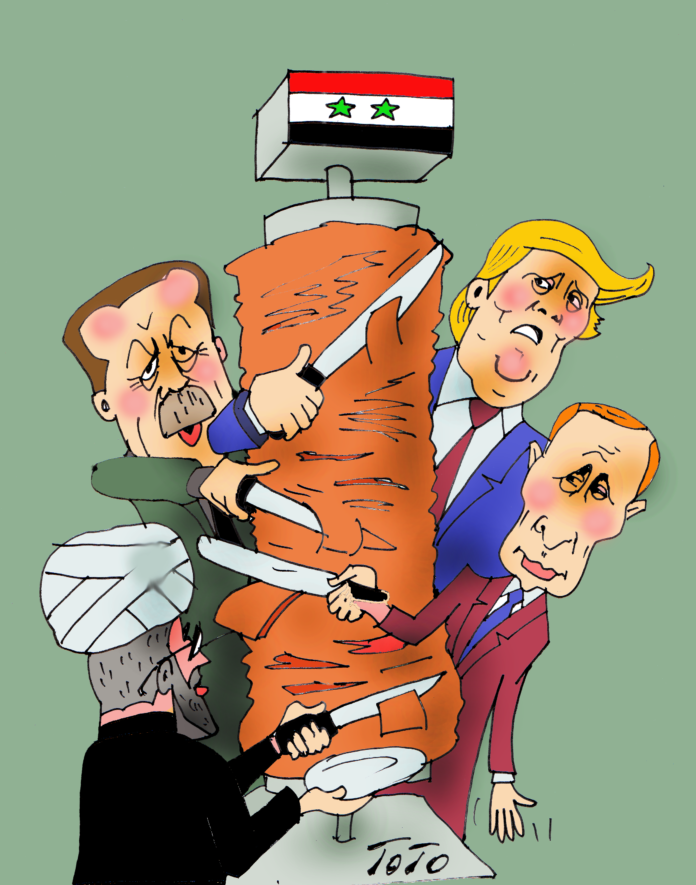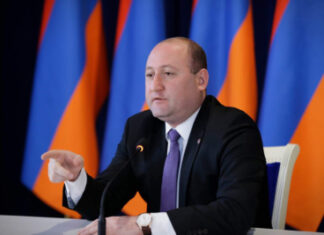One of the hotspots of the resurgent Cold War is being fought on Syrian territory. During the Soviet era, all the Middle Eastern conflicts had an ideological bent, but with the fall of the Soviet empire, religion became politicized and weaponized in order to fuel sectarian violence in the region.
The Middle East has a global significance for the major powers because of oil as well as the security of Israel. In this age of fake pop-up news sites on major technological platforms, any a conflict can be portrayed in any light other than its accurate one.
The Arab Spring was launched in the Middle East supposedly to introduce democracy in the region. After that spring devastated Iraq, Libya and Syria, as well as Yemen just further south, people realized that any stable country in the region was a threat to the hegemonic plans of some powers. One irony of that charade was that the authoritarian kingdom of Saudi Arabia, armed with an extremist religious ideology of Wahhabism, was relegated by the US to introduce “democracy” in Syria, one of the few lay regimes left in the region.
The Syrian conflict, with its outflowing refugee problem, not only destroyed the country itself, but it had ramifications far beyond its borders, straining the economies of neighboring Jordan and Lebanon and creating a political backlash all the way to Eastern Europe and Germany.
At this time, many major and minor forces are at work on the Syrian battlefield to manage and mismanage the ongoing war. The major players are, of course, the United States and Russia, followed by Iran, Turkey, Israel and to a certain extent, the Gulf states. Each participant in the conflict has been paying lip service to “helping the Syrian people,” while actually pursuing their narrow, selfish interests.
When Moscow was recovering from the collapse of the Soviet empire, the West successfully instigated the bloody Balkan wars and the wars in the Middle East, without much hindsight, but when Syria was invaded by mercenaries, the Russian military and economic assets were directly threatened and Moscow decided to draw a line in the sand. Then a confluence of interests from Turkey and Iran became a factor, rendering the Syrian conflict to become a laboratory of the Cold War to sort out the self-interests of each combatant.










